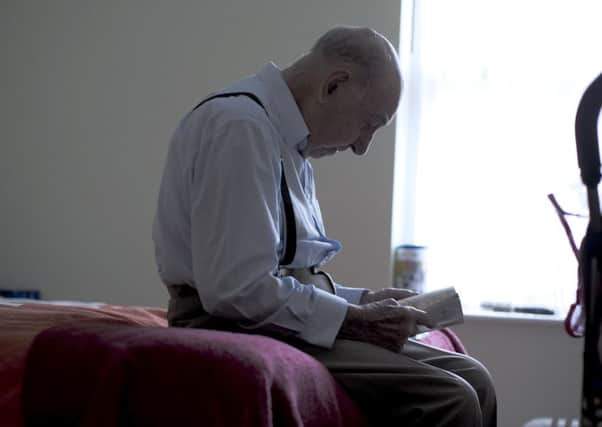Column: Importance of early diagnosis


A recent government survey of more than 4,000 adults revealed many people are still confused about what are, and what are not, signs of dementia.
Although Broomgrove isn’t a registered dementia home we have a lot of knowledge.
Advertisement
Hide AdAdvertisement
Hide AdWe regularly get enquiries for respite care from older people who look after relatives with dementia and need a break.
We often give them advice as to what help is out there for them.
An early diagnosis is imperative as this opens the door to future care and treatment.
It helps people if they can plan ahead while they are still capable of making important decisions regarding their care and support needs.
Advertisement
Hide AdAdvertisement
Hide AdThey are also in a far better position to make decisions on future financial and legal matters.
They are also able – along with their families – to digest practical information, advice and guidance as they start to face new challenges.
I know how important an early diagnosis is.
The symptoms displayed by my mother-in-law were spotted early so the family encouraged my father-in-law to take her to the GP.
She was diagnosed with dementia and put on medication straight away which has kept her stable.
Advertisement
Hide AdAdvertisement
Hide AdShe was also referred to the memory clinic, which has been a big support for my father-in-law.
There is strong evidence that an early diagnosis helps someone with dementia to continue to live independently in their own home for longer.
This helps to avoid early or unnecessary admission to a care home or hospital and enhances the quality of life for people with dementia and carers.
More help and information can be found at Age UK and Alzheimers Society